- 3503
- 0
Sharing Ideas and Updates on LPG in Nigeria and related information to enable effective collaboration within the LPG Value Chain
Rising Cooking Gas Prices In Nigeria: Insights From Industry Expert Felix Ekundayo

On August 26, Arise News spotlighted the growing concerns over the sharp increase in cooking gas prices in Nigeria. The cost of a 12.5kg cylinder has surged to approximately 17,000 naira, while a 5kg cylinder now costs around 8,000 naira—nearly the same price a 12.5kg cylinder cost five years ago. To shed light on this issue, Felix Ekundayo, Managing Director of Asiko Energy and President of the Nigerian Liquefied Petroleum Gas Association (NLPGA), shared his insights.
Factors Contributing to the Rise in Cooking Gas Prices
Felix Ekundayo explained that the spike in cooking gas prices is not an isolated issue but part of a broader economic inflation affecting various commodities. One major trigger is the recent increase in international gas prices, which directly impacts Nigeria due to its reliance on dollar-indexed imports. The foreign exchange situation further exacerbates this issue, making it more expensive to import gas.
Consequences of the Price Increase: A Return to Traditional Fuels
When asked about the impact on consumers who can no longer afford LPG, Ekundayo expressed concern about the growing trend of people reverting to traditional, dirtier fuels. This shift, particularly among vulnerable populations who had previously adopted cooking gas, has been a pressing issue for the past nine months. The NLPGA has been actively engaging with the government to address these challenges and is also working to increase local production by redirecting gas currently being exported back into the Nigerian market. This includes efforts to utilize Chevron's facilities to boost local supply and production.
The Impact of CNG Initiatives on Gas Availability
Contrary to concerns that Compressed Natural Gas (CNG) initiatives might affect LPG availability, Ekundayo clarified that these initiatives do not compete with LPG but rather complement it. Both LPG and CNG are derived from the same source and serve different needs within the energy market.
The Capital-Intensive Nature of Gas Production
Ekundayo highlighted the significant challenges associated with gas production, noting that extracting gas from the ground is far more complex and capital-intensive than extracting oil. Once gas is brought to the surface, it requires extensive infrastructure, including pipelines and facilities for end-users. The need for massive investments to support these conversions is crucial, but Nigeria is not yet at the level required to fully capitalize on its gas resources.
Encouraging Investment in LPG
Improving investment in LPG is a major challenge, according to Ekundayo. However, the rising prices present an opportunity to attract new investments, particularly from offshore sources. The current economic conditions in Nigeria are discouraging, so it is vital to instill confidence in foreign investors by ensuring that their investments are secure. Nigeria must position itself as an energy market in dire need of investment to drive infrastructure development.
Projections for Cooking Gas Prices
Looking ahead, Ekundayo expressed hope that the current price levels represent the peak for the year. To stabilize or potentially reduce prices, he emphasized the need for diverse producers, which requires government and NNPC initiatives to bring new players into the market.
In conclusion, addressing the challenges of rising cooking gas prices in Nigeria requires a multifaceted approach, including boosting local production, attracting foreign investment, and ensuring the energy market is equipped with the necessary infrastructure. As the NLPGA and government continue to work on these initiatives, consumers are urged to remain hopeful that the situation will improve.





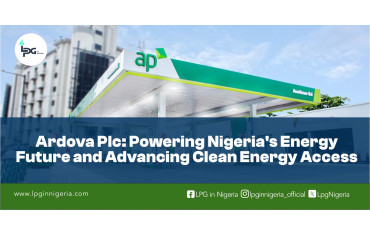
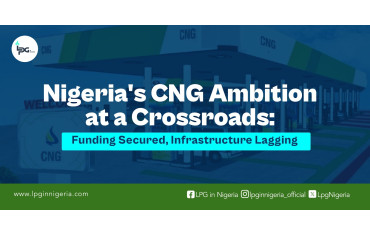
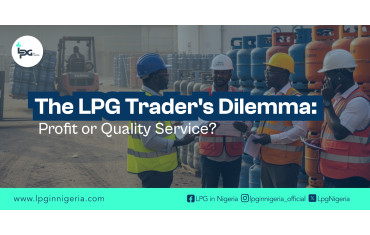

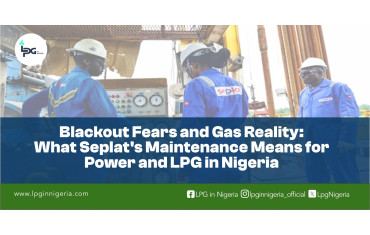
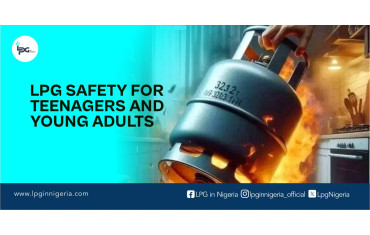





0 Comment.